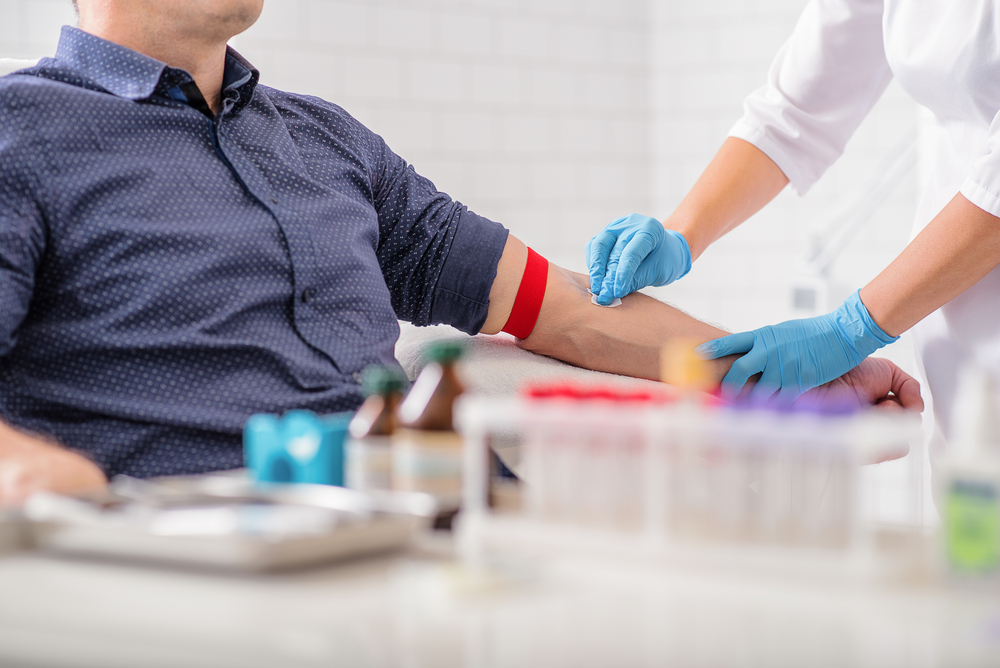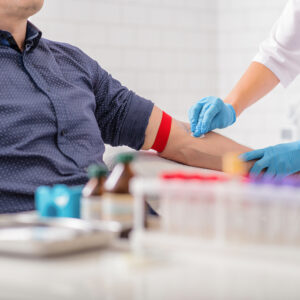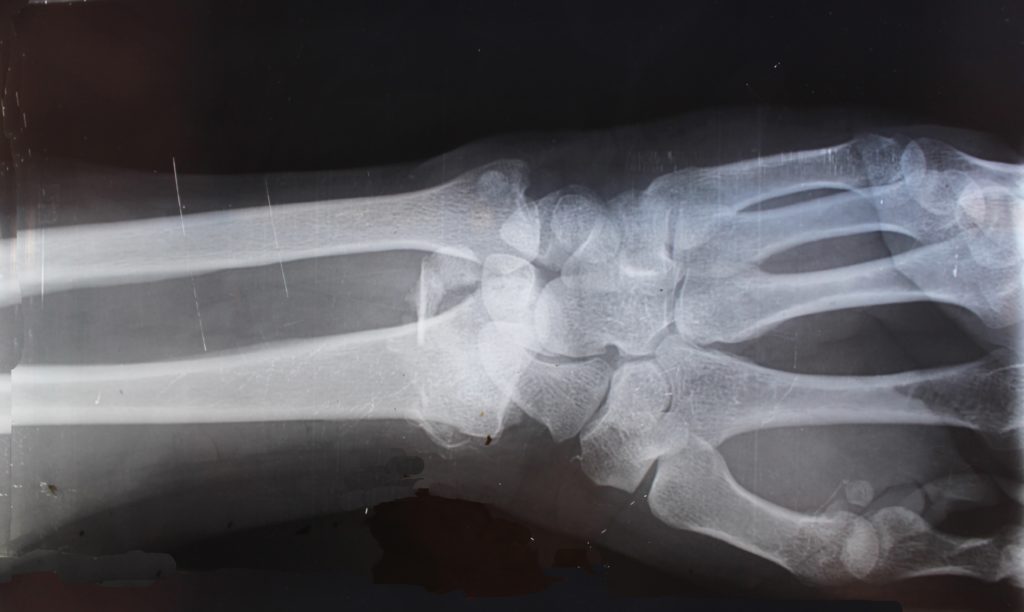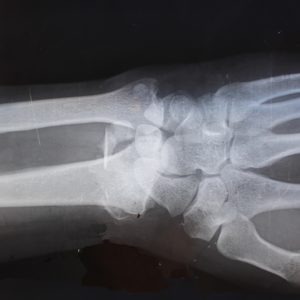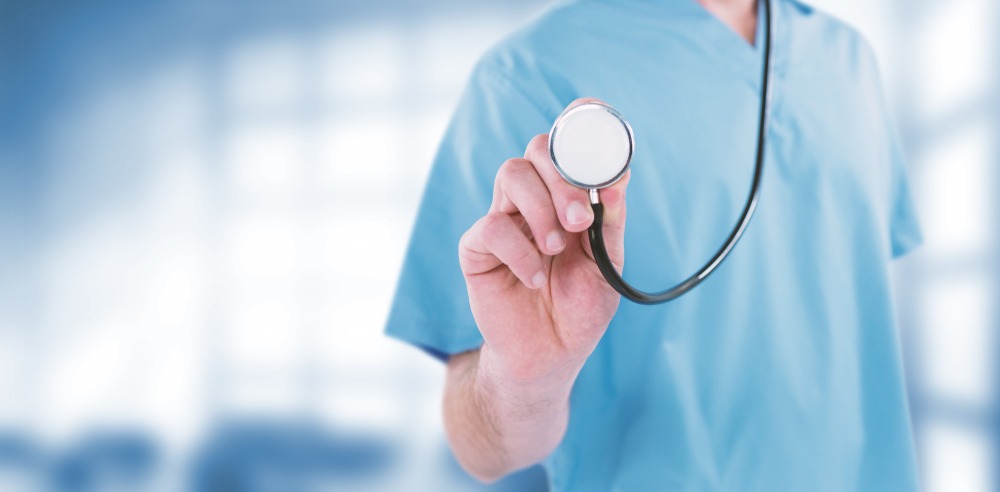Why do you need a gastroscopy?
In Hong Kong, people lead busy lives, with irregular meal times and a preference for drinking coffee to stay awake. These dietary habits can be particularly harmful to the stomach, leading to stomach pain and stomach-related health issues.
According to data from the Centre for Health Protection, gastric cancer was the 6th most common cancer in Hong Kong in 2019, and it was also the 6th leading cause of death among all cancers. In 2019 alone, gastric cancer claimed the lives of 696 people, accounting for 4.7% of all cancer-related deaths.
High-risk group for stomach diseases
If you have the following risk factors or experience the following symptoms, there is a chance that you may have problems with the esophagus, stomach, or duodenum. In such cases, you should seek medical attention as soon as possible. Your doctor may recommend an gastroscopy to ensure the health of your stomach:
| Common Symptoms | Risk Factors |
| Indigestion | Risk of gastric cancer increases with age |
| Upper abdominal pain | Gastric cancer is more common in males |
| Nausea | Helicobacter pylori infection |
| Vomiting with blood content | Smoking |
| Loss of appetite | Drinking |
| Weight loss | Consumption of salt-preserved foods |
| Fatigue | Consumption of processed meat products |
| Overweight or obesity |
Where can you get a gastroscopy?
Gastroscopy is a simple and minimally invasive procedure that can usually be completed on the same day for the majority of people. In addition to public and private hospitals, patients can choose to undergo gastroscopy examinations at Day Gastroscopy Centers or Clinics. The cost of gastroscopy varies between HK$3,500 and HK$10,500.
Overview of gastroscopy procedure
What exactly is the process of a gastroscopy? It is often said that gastroscopy can be very painful, but in reality, at most, you may only feel slight discomfort during the procedure, far less terrifying than imagined!
| Procedure |
| As gastroscopy is an invasive examination, the doctor will first explain the procedure to the patient and have them sign a consent form. |
| The medical staff will take the patient to the gastroscopy room, where the examination will be performed with the patient lying on their left side. |
| The medical staff will connect monitoring devices to the patient to monitor vital signs and administer a sedative to relieve anxiety. |
| The patient will be provided with a mouth guard, and local anesthesia will be sprayed in the throat to reduce discomfort during the insertion of the endoscope. |
| The medical staff will apply lubricant and anesthetic to the front end of the gastroscope and then insert it into the patient’s mouth. |
| If necessary, the doctor may perform additional procedures such as taking tissue samples or removing polyps. |
| Generally, the entire process takes about 10-15 minutes. |
| After the examination, the medical staff will arrange for the patient to rest in the recovery area. |
In fact, as long as you follow the instructions of the medical staff, such as not swallowing saliva after the insertion of the endoscope into the esophagus, there should be no major problems that would invalidate the examination. However, if you experience any discomfort during the procedure, don’t suffer in silence, and proactively let the medical staff present know.
Tips for gastroscopy
If you are still feeling apprehensive, here are a few tips to remember to avoid unnecessary mistakes during the examination:
- Remove glasses and dentures before the examination and loosen tight clothing.
- Bite down on the mouth guard.
- Relax your body and make swallowing movements to help the gastroscope enter the esophagus smoothly.
- Maintain your breathing (inhale through the nose, exhale through the mouth) and avoid holding your breath.
- Do not swallow saliva during the examination to prevent choking.
- Never attempt to remove the gastroscope by yourself to avoid injury to the throat or digestive tract.
- *Information is reference from the Chinese University of Hong Kong's Center for Digestive Health and the Gastroenterology and Gastroscopy Center. Please consult with your doctor for detailed procedures.
Preparation before gastroscopy
After deciding which hospital/clinic to undergo the gastroscopy examination, it is time to prepare for the examination:
| Notes before Gastroscopy | |
| Consultation before the examination | If you have any of the following medical conditions, inform your doctor:
|
| 6 hours before the examination | Start fasting |
| Before the examination |
|
Post-gastroscopy Care
After gastroscopy, you may feel a slight discomfort, but please rest assured that it is normal due to the invasive nature of the examination:
- Rest in bed after the examination until the sedative effects wear off before getting up and moving around.
- The patient may experience mild nausea, bloating, and mild throat soreness.
- Approximately one hour after the examination, when the local anesthesia in the throat has worn off, you can try drinking water. If there is no choking or other discomfort, you can resume eating normally.
- After the examination, go home and rest. Due to the possibility of blurred vision caused by the anesthesia, avoid driving, operating machinery, engaging in hazardous work, or signing any legal documents on the same day.
- Avoid consuming alcoholic beverages within 24 hours after the examination.
- If the pain in the throat and stomach intensifies or if there is fever for unknown reasons, please contact your attending physician for follow-up.
Risks of gastroscopy
Undoubtedly, gastroscopy can help identify problems in the digestive system. However, this does not mean that gastroscopy should be performed frequently, as it is not entirely risk-free and can cause discomfort.
It is important to note that gastroscopy is generally a safe procedure, but even in the hands of experienced doctors, there is still a risk of complications. The following are potential complications that can occur during gastroscopy:
| Possible Complications | Explanation |
| Sore throat | Sore throat may occur for 1 to 2 days after the gastroscopy procedure |
| Loosening or displacement of teeth, crowns, or bridges | There is a slight chance of loosening or displacement of teeth, crowns, or bridges during the gastroscopy procedure |
| Abdominal bloating and vomiting | To ensure a thorough examination, medical personnel usually inflate the patient’s stomach with gas. However, excessive insufflation can cause abdominal discomfort and, in severe cases, lead to severe vomiting |
| Bleeding | Bleeding is a common occurrence after a biopsy is taken, but it usually lasts only a few seconds. However, there is still a chance of more severe bleeding in individual cases |
| Perforation of the esophagus, stomach, or duodenum | The risk of perforation during gastroscopy is less than 1 in 9,000. However, if there is constriction or dilation in the esophagus, the risk increases to approximately 1 in 500. If insufflation is required during gastroscopy to adequately visualize the gastric wall, the risk of perforation increases to 1 in 50. In the event of perforation, surgery is required to repair the perforation |
| Cardiopulmonary complications | Insertion of the gastroscopy tube into the pharynx can induce varying degrees of vomiting reflex. When the gastroscopy tube reaches the middle part of the esophagus, excessive insufflation can reduce coronary blood flow, potentially leading to abnormal electrocardiograms, increased blood pressure, and, in patients with pre-existing heart, brain, or lung conditions, an increased risk of myocardial infarction, cardiac arrest, or cerebrovascular accidents |
| Pneumonia | If the patient is debilitated or has severe respiratory conditions such as chronic bronchitis or emphysema, there is a chance of developing pneumonia after the procedure. However, this is an extremely serious and rare complication, with a reported occurrence rate of only 0.01% to 0.6% |
| Side effects from sedation | If anesthesia is administered before the procedure, some patients may experience dizziness upon awakening. However, doctors typically administer the minimum dosage of sedative drugs for mild sedation, and normal bodily functions recover after a short rest once the effects of the drugs wear off. If discomfort persists for an extended period, the patient should inform the doctor and request prescription medication |
The entire gastroscopy procedure takes about 15 minutes, and most adults receive local anesthesia in the throat area. However, young children may require general anesthesia. After the examination, it takes about 2 to 3 hours for the effects of the sedative to wear off.
Alcohol should be avoided within 24 hours after completing the gastroscopy. Two hours after the procedure, patients can begin drinking water, clear fluids, or consume softer foods such as pudding, soup, or eggs.
Bowtie Real Claim Case: Gastroscopy + Polypectomy Claim Exceeding 100%!
Mr. Lee (alias) initially sought medical attention for stomach pain and abdominal discomfort. After a preliminary diagnosis and referral by the doctor, he underwent an upper gastroscopy of the esophagus, stomach, and duodenum, as well as a colonoscopy. The results confirmed that Mr. Lee had gastritis and polyps in his rectum, requiring polyp removal surgery.
Under Bowtie VHIS Flexi (Regular), Mr. Lee underwent the following procedures on an outpatient basis, without the need for hospitalization:
- Upper gastroscopy of the esophagus, stomach, and duodenum
- Colonoscopy with polypectomy
The total cost of the surgery and examinations was HK$19,918.
In addition to the surgical fees and operating room costs, he received an additional cash benefit of HK$1,600 for the day surgery, bringing his total compensation to HK$21,178, which is 106% of the total expenses!

